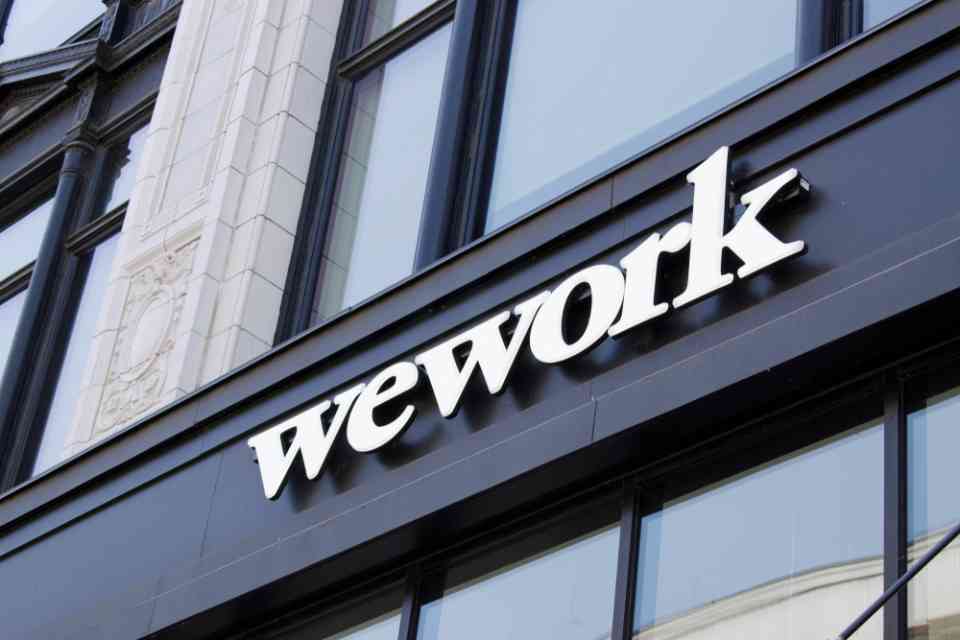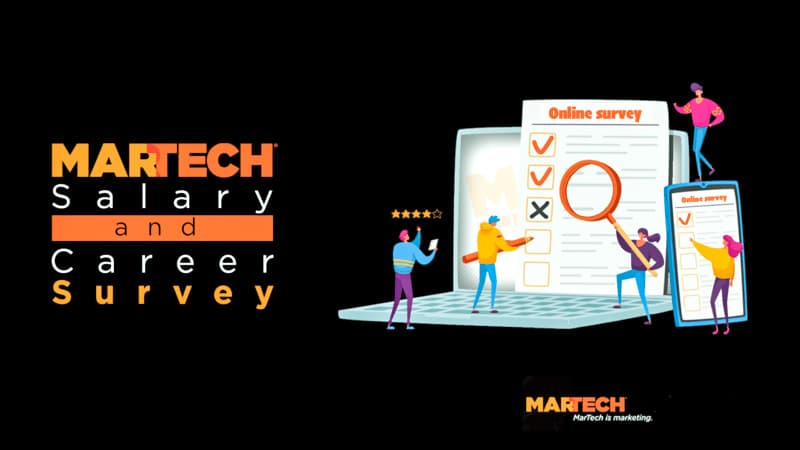Young people entering college face a dilemma: At a time when artificial intelligence is poised to disrupt much of the workforce, how do they ensure what they learn won’t soon be rendered obsolete?
Vinod Khosla, a billionaire Silicon Valley investor who was one of the first to back OpenAI, the buzzy startup behind ChatGPT, says he hears this question a lot from those entering college. And at the WSJ Live Tech conference on Tuesday, he offered the same piece of advice: “Get as broad an education as possible because you don’t know what will be relevant.”
The 68-year-old Khosla, a cofounder of early computer giant Sun Microsystems and a prominent venture capitalist, noted that he studied electrical engineering in India decades ago and that most of that learning is now irrelevant.
While it’s always been the case that some of the knowledge we acquire becomes outdated, Khosla predicts that phenomenon will accelerate dramatically. He anticipates that “80% of 80% of all jobs” will be made obsolete by AI in the coming decade, and that includes vocations in specialized, highly paid fields like accounting and medicine. To underscore his point, Khosla pointed to oncologists, whom he says will be displaced by highly trained machines that possess far more knowledge and make far fewer mistakes.
Khosla, also a proponent of massive investments in climate tech, added that the rise of AI won’t be the first time that technology has produced massive changes in the workplace. He points to the U.S. labor market after the 19th century, which saw the percentage of people working in agriculture shrink from 70% to 4% by 1970.
In light of all this, Khosla says young people should use their time in college to get exposed to as many disciplines as possible, which will make them both more well-versed and more adaptable for a rapidly changing society.
Meanwhile, those alarmed by Khosla’s prediction of rapid obsolescence in the labor market may take comfort in another of the billionaire’s predictions—that AI will allow many countries to double their rate of GDP growth in coming years. When that happens, Khosla says, those nations will become wealthy enough to render employment optional.






































































